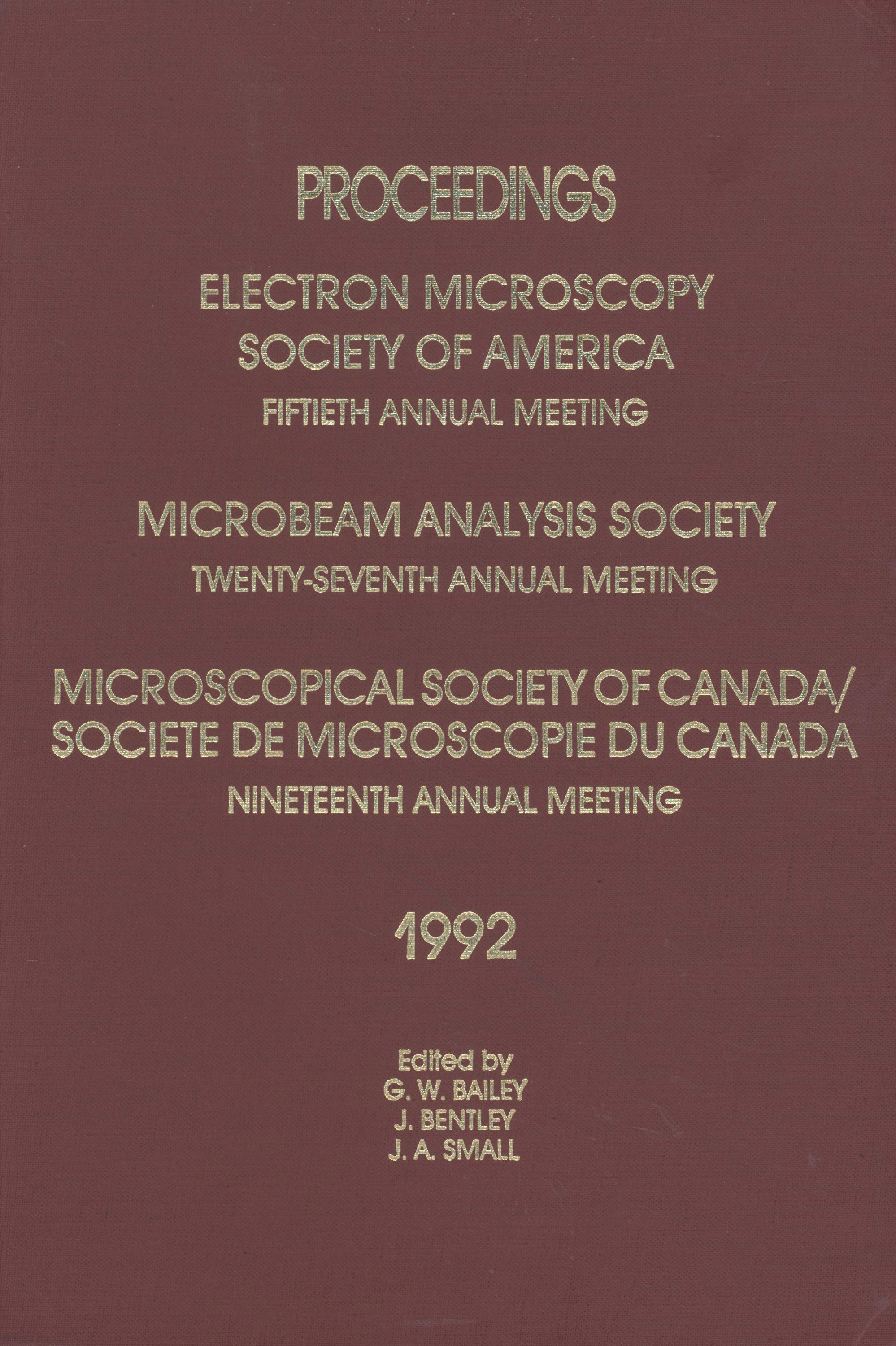No CrossRef data available.
Article contents
A Cytochemical Study of Glucose-6-Phosphatase (G-6-PASE) in Cells Participating in Atherogenesis of Rabbit Aorta
Published online by Cambridge University Press: 18 June 2020
Extract
This cytochemical study was designed to investigate early metabolic changes in the aortic wall that might lead to or accompany development of atherosclerotic plaques in rabbits. The hypothesis that the primary cellular alteration leading to plaque formation might be due to changes in either carbohydrate or lipid metabolism led to histochemical studies that showed elevation of G-6-Pase in atherosclerotic plaques of rabbit aorta. This observation initiated the present investigation to determine how early in plaque formation and in which cells this change could be observed.
Male New Zealand white rabbits of approximately 2000 kg consumed normal diets or diets containing 0.25 or 1.0 gm of cholesterol per day for 10, 50 and 90 days. Aortas were injected jin situ with glutaraldehyde fixative and dissected out. The plaques were identified, isolated, minced and fixed for not more than 10 minutes. Incubation and postfixation proceeded as described by Leskes and co-workers.
- Type
- Cytochemistry and Electron Microscopy
- Information
- Copyright
- Copyright © Claitor’s Publishing Division 1975




